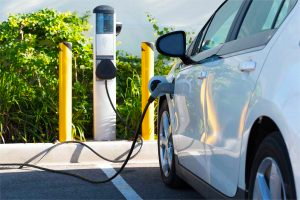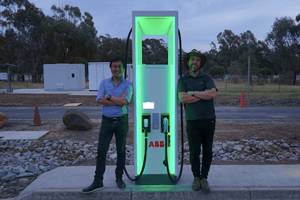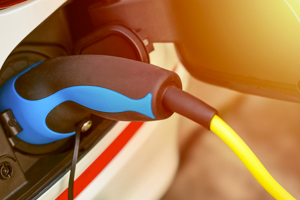Summary
Zenobē will develop a Sydney-based greenfield battery electric vehicle (BEV) ‘off-site’ charging facility and demonstrate the commercial viability its electric vehicle as a service (EVaaS) business model.
Need
The total cost of ownership (TCO) gap between BEV and internal combustion engines (ICE) vehicles remains high, particularly for commercial vehicles like delivery trucks. Solutions are needed to bring these commercial BEV costs down and enable fleets to transition from ICE to BEVs.
In partnership with its foundation customer Woolworths, Zenobē aims to demonstrate the commercial viability of its EVaaS offering, which includes access to an ‘off-site’ charging facility. If scaled successfully, this solution has the potential to accelerate decarbonisation of commercial fleets Australia-wide.
Action
Zenobē will develop a charging facility that includes 22 x 120 kW dual-port DC chargers and a 100kW / 150kWh second life stationary battery (Zenobē’s ‘Powerskid’) to support maximum charge requirements and enable operational cost reductions over time.
As part of its EVaaS offering, Zenobē is leasing 60 BEV delivery trucks (Foton T5 Electric Trucks) to Woolworths and providing access to the charging facility for daytime and overnight charging. Zenobē will also provide fleet management services, smart charging software and maintenance services.
Following an initial site establishment period with Woolworths, Zenobē intends to expand access to the charging hub for additional customers.
Outcome
The project will achieve the following outcomes:
- overcome barriers to accelerating uptake of BEV truck fleets through demonstration of an offsite charging hub and EVaaS business model;
- reduction of the TCO gap of BEV trucks, by demonstrating the Powerskid application; and
- increased skills, capacity and knowledge relevant to offsite charging hub infrastructure, second life battery use, and commercial viability of the EVaaS business model.





